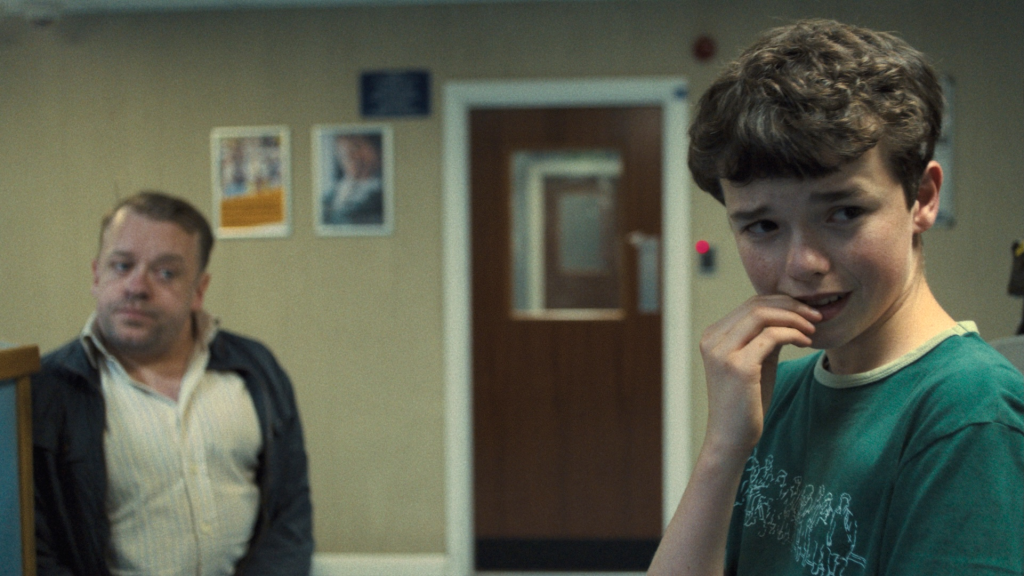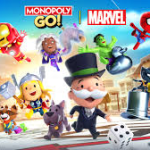In just one month, the British series Adolescence has exploded onto the scene, amassing 124 million views and claiming the title of 3rd most-watched English-language show on Netflix! And the craziest part? This may only be the beginning…
🎬 A Bold, Immersive Format Directed by Philip Barantini, Adolescence uses a single-sequence shot style — no cuts, no edits — pulling viewers into the action in real-time. It’s raw, intense, and emotionally gripping.
Each of the four episodes unfolds like a live experience, which has been key to its massive success and word-of-mouth buzz. 🧠💥
🧒 A Controversial and Timely Plot The series follows a 13-year-old boy accused of murder, sparking an unraveling of his life, family, and community. As a therapist and police officer dig deeper, questions arise:
- What really happened that day?
- How do we treat children accused of violent crimes?
- What does this say about our education system, family dynamics, and societal prejudice?
It’s a hard-hitting critique of childhood trauma, systemic failure, and snap judgments — themes that have triggered plenty of debate. 🧩
🗞️ Critical Acclaim vs. Online Backlash
- Rotten Tomatoes Critics Score: 99% 🍅🔥
- Audience Score: 73% 🤔
The gap? Likely due to the political firestorm brewing online. Some viewers praise its depth and courage — others accuse it of being too politically charged.
One conspiracy theory even claimed it was based on a real-life case in Southport, UK, with changes made for “political correctness.” That claim spread like wildfire when Elon Musk endorsed the theory on social media. 😳
The showrunner has denied all such allegations, calling them baseless and harmful.
👑 The Race to the Top With Adolescence already dethroning Dahmer from 3rd place, it now has just two titles left to beat:
- Wednesday
- Stranger Things – Season 4
Given its momentum, Adolescence might just rewrite Netflix history.
🗣️ What Do You Think? Is Adolescence a masterpiece of modern storytelling, or a lightning rod for controversy?
Will it break Netflix’s all-time record? And is the backlash a sign of its cultural impact — or something deeper?




